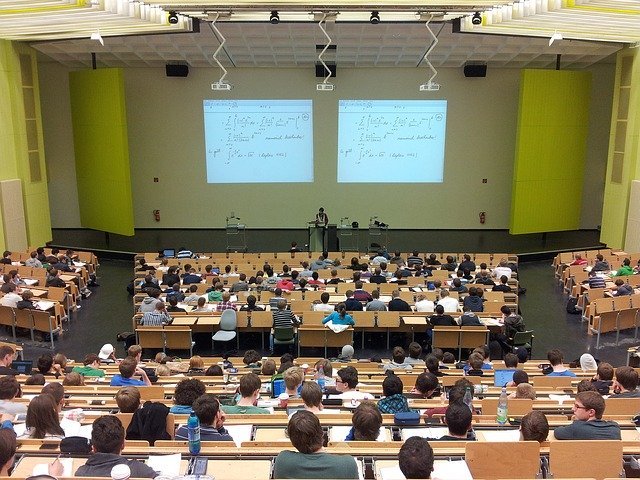Across the world, students are preparing for what has been called the greatest national migration in the UK: a return to university. Some trek a few hours from home, whilst others cross the entire world to return to their second homes, albeit in an entirely new way in the coming academic year. But how will coronavirus impact this year’s migration?
The idea of hundreds and thousands of students flocking across various destinations at an unprecedented time in history causes anxiety for most, to say the least. Local residents in university towns must be dreading the idea of the return of their students, potentially with a deadly virus amongst them.
“many are prepared to brave the virus in order to gain that sense of normality again”
From students’ perspectives, many are prepared to brave the virus in order to gain that sense of normality again. The sense of freedom and independence many have lost, as they’ve spent six months or more in lockdown at their family homes. For first time students, the anxiety of a Freshers’ experience like no other must be overwhelming, stressful for both their parents and themselves.
Whilst this anxiety remains prevalent for all, the desire to return to any sense of normal is, arguably, superseding. Not knowing what will happen, yet still carrying on as normal as can be, is far better than continuing like the last six months. However, it is the not knowing that needs to be controlled.
University boards and the Government have incredibly difficult decisions to make in terms of the safety of England’s student population. Yet, the difficulties they face are mirrored with the challenging day-to-day decisions that we, as students, must simultaneously make.
“As schools open first, maybe universities will be able to learn from the safety measures in place”
Knowing where to study, what to study, how to travel there, who to meet once there, where to eat, and so many other things, is being halted by a lack of communication by those higher up to the young people they’re affecting. If there’s one thing that we can learn from the recent A-level fiasco, it is that the Government is clearly not able to handle making decisions surrounding young people in a fair and reasonable way. Nevertheless, they are the only ones ultimately responsible for how the next academic year pans out.
As schools open first, maybe universities will be able to learn from the safety measures in place – one way systems, socially distanced seating, and mandatory face masks. Thanks to Zoom, perhaps most of this won’t even be necessary if our learning is all remote. And whilst I would hate to just be inside all day, if that is the closest we can get to gaining the full education we have paid for and deserve, then that is all that has to be done.
Greater problems lie in whether the Government will spontaneously announce a u-turn, and it worries me that campuses could (theoretically) be made to close overnight. If that is the case, hundreds will be left stranded, with mental health declining drastically I can imagine.
Part of this, I fear, will be due to the irresponsibility of students. House parties, a lack of social distancing, and bars that could become clubs in a matter of seconds, are only some of the reasons students will put other people (and themselves) at risk. And whilst it is a shocking expectation that students can’t be trusted in times like these, Dominic Cummings’ trip to Durham clearly is no better example at what we ought to be doing anyway.
Knowing I’m halfway across the country, potentially in a city that could be locked down, is enough for my parents to persist in asking me to consider living from home. The one to two promised contact hours a week of small tutorials aren’t enough to tempt them to understand the safety and precautionary measures suggested in place at university. Yet, if I were made fully aware of what these so-called precautionary measures truly were, perhaps they would be reassured, and I would feel safe.
The return to campus may spark a second wave. That is a risk we’re all ultimately going to have to take. And one that is definitely unfair on local residents, vulnerable people and parents at home. However, students are facing a greater risk in going into this unknown. Travelling around the world may not need to happen, if governments announce closures two weeks into term.
Whatever side you’re on, whether you want remote working to continue for the next year, or are secretly hoping bars and clubs will just start reopening and uni night life won’t be impacted by the pandemic, we can all agree that what we all need is just some clear guidance on what will be going on, rather than ‘maybes’ and the constant threats of u-turns.
Meghna Amin
Featured image courtesy of @nikolayhg via Pixabay.

